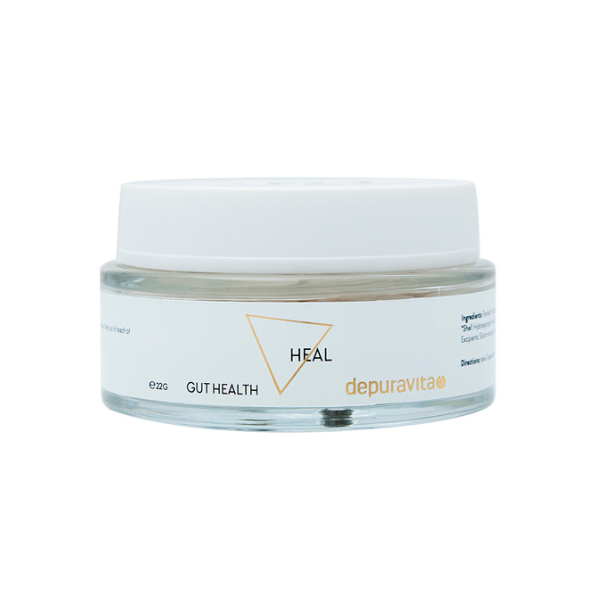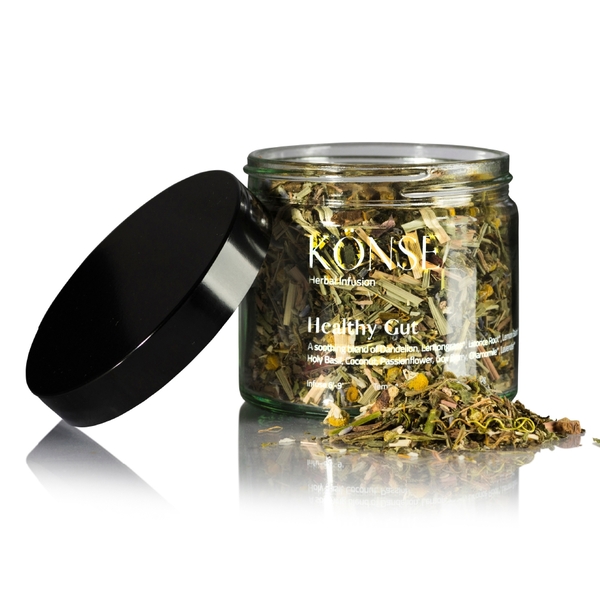The stomach: why they call it our second brain and how to take care of our microbiome

Did you know that in the stomach and intestines there are millions of neurons and that it has its own autonomous nervous system? In recent years there has been a shift towards a conscious lifestyle with a focus on a healthy diet and microbiome.
Today we know that there are physical and chemical connections between the gut and the brain, as millions of nerves and neurons pass between these two areas. Neurotransmitters and other chemicals produced in the gut also affect the brain. It itself consumes 25-30% of the body’s energy, so it’s no surprise that the way we fuel our bodies and the digestive process affects brain function. This is why the gut microbiome affects the immune system; the nervous system, an individual’s behavior, the ability to cope with stress, their mood, and problems such as anxiety and depression.
From Ayurveda to the medicinal traditions of Chinese, Tibetan and Egyptian culture, diet is believed to be an essential form of preventative health care. Just as food and medicine were synonymous, so were mind and body in these ancient healing practices.
This is why it is so important to keep our microbiome healthy and to recognize that there is no goal of “perfect gut health” because the type and amount of bacteria varies from person to person. However, inflammation in the gut is often caused by an imbalance that can lead to a variety of physical and mental disorders.
A bloated belly can be primarily a digestive problem, although stress and hormones can also have an impact. Often an excess of intestinal gas is the root of the problem. The menstrual cycle is another common trigger for temporary bloating.
Our 5 top tips that can help you have a healthy gut & flat stomach:
- Foods that help reduce inflammation and probiotics and prebiotics to support the gut microbiome. Our favorite, Depuravita Heal with a unique combination of Bacillus Coagulans and Guar Bean helps promote a healthy intestinal flora by balancing our microbiomes (microorganisms, bacteria, viruses, protozoa and fungi, and their collective genetic material present in the intestine). Bacillus Coagulans is a soil-derived probiotic that populates digestive flora with billions of positively charged spores. This strain of bacteria is particularly robust. It is able to withstand extreme environments, such as high acid levels, in the stomach. This makes BC particularly effective in relieving upset stomachs and other ailments. The second ingredient is the Indian prebiotic Guar, one of the most soluble forms of fiber available that will help regulate digestion and offset spikes in appetite. PHGG’s Partially Hydrolyzed Guar Gum has been researched to instantly increase the diversity of good bacteria. A simple formula of soluble fiber, fertilizer for the good bacteria.
2. Avoid consuming highly processed oils and fats. Opt for healthy and unrefined foods as much as possible.
3. Regulate your total salt intake (less is more!) and consume the best quality salt when you use it.
4. Massage your belly. For a few minutes each day, use the palm of your hand to gently massage your belly, rolling in large, slow circles. This aids digestion and relieves bloating.
5. Hydration. Drink plenty of water throughout the day and incorporate a digestive infusion like our Könse Healthy Gut, formulated to calm the nervous system, with anti-inflammatory and restorative properties, it helps improve your digestive system and general well-being. Its main ingredients are lemon balm, passion flower, citronella, goji berries, lavender, tulsi, licorice, dandelion, chamomile, ingredients that work in synergy to achieve a calming and digestive effect at the same time.


